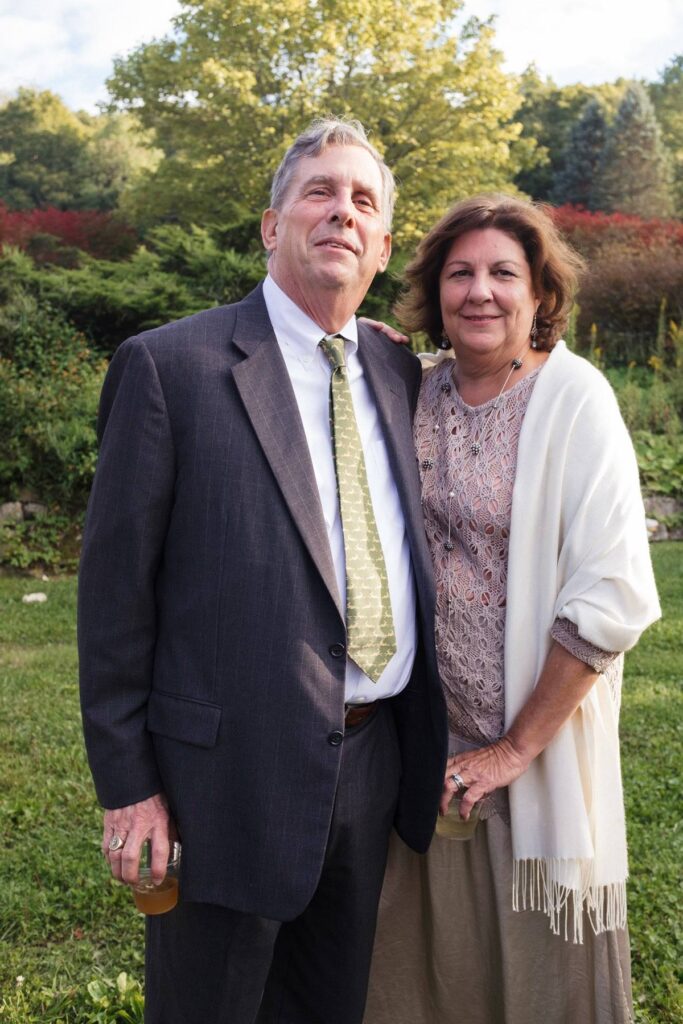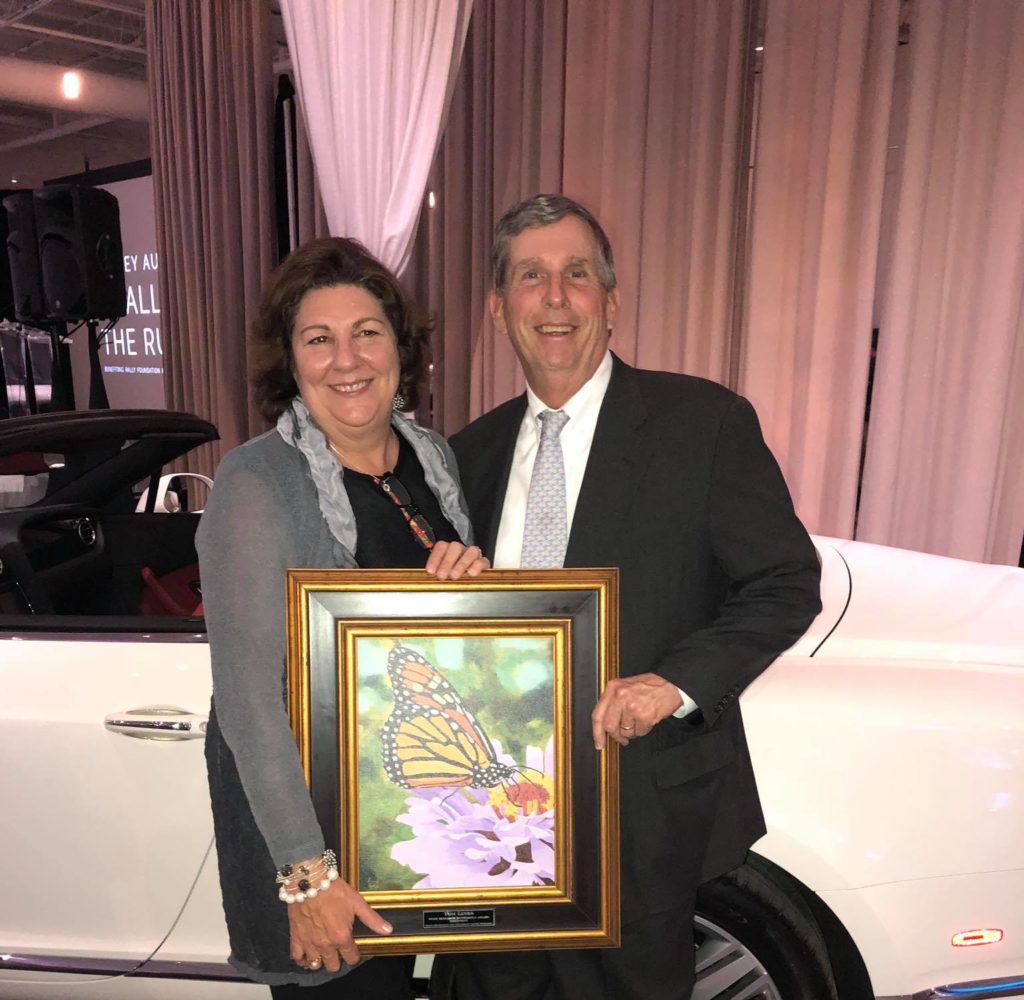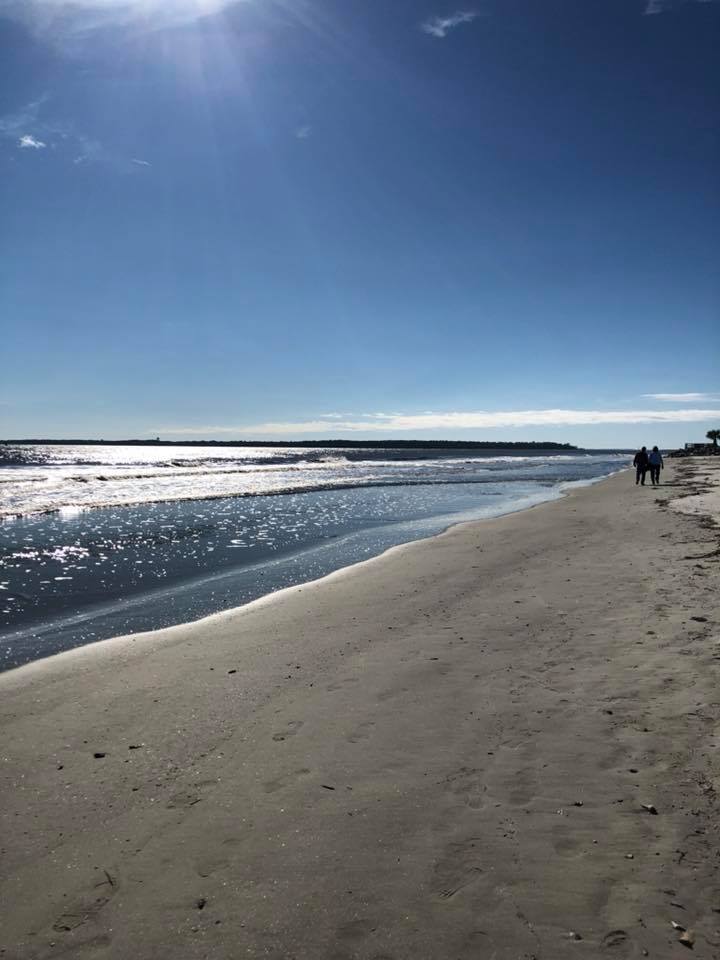In Georgia—where ancestral lineage often runs as deep as the roots of the state’s prized southern live oaks—Tom Lines can trace his Golden Isles branches back to a seedling.
“My family has been in Glynn County since coming over (from England) with James Oglethorpe (founder of the colony of Georgia when it was British America) as a foot soldier,” said Tom.
Generations later, Atlanta-born Tom enjoys exploring the same territory as his distant relatives.
“Our family has had a house on St. Simons Island since the 1950s, but Jekyll Island has always been my favorite place to visit,” he said. “I can remember going to Jekyll with my grandmother to picnic and go fishing. And I was on Island the first day the Aquarama (the former indoor pool that operated for three decades) was open.”
In the years since, Tom believes Jekyll has only gotten better. “It’s remarkable what the state government—through the Jekyll Island Authority (JIA)—have done to protect and preserve the area,” he said. “There is so much untouched beauty, undeveloped land, and distinct character. I hope it stays this way.”
Tom also appreciates that Jekyll remains approachable and affordable for families. “From the beaches to the Historic District and everything in between, Jekyll has something for any age or budget to enjoy.”
Having said that, he does wish for more people to know the Island better. “I would love to see Jekyll become a destination for young people, especially youth golf, and I think value accommodations that fall between the campground and hotels—like the yurts the JIA are building—will help this happen,” he said.
He also believes amenities such as Mosaic, Jekyll Island Museum and the Georgia Sea Turtle Center have a greater capacity for youth and visitor education. “The outdoor classroom at Mosaic (under construction) and the (planned) renovations to the Turtle Center will be amazing opportunities to engage more schools and to raise the visibility of Jekyll to world-renowned for its conservation and preservation efforts.”
He cited a recent collaboration between the JIA, the Jekyll Island Foundation (JIF), and the Friends of Coastal Georgia History in the Island’s St. Andrews Beach Park as a successful example of this type of meaningful education, outreach, and impact. “The Wanderer Memory Trail is a very important exhibit, and it was done very well,” he said, speaking of the United Nations Educational, Scientific and Cultural Organization (UNESCO) Slave Route Project site of memory that commemorates where The Wanderer, the second to last documented ship to bring an illegal cargo of people from Africa to the United States, ran aground.
An avid outdoorsman, retired business owner, and current Treasurer for JIF’s Board of Directors, Tom sees nothing but potential in Jekyll’s future and is proud, happy, and humbled to have borne witness and played a small part in its evolution. “I was around when the state was thinking of releasing the Island from its State Park designation and don’t like to imagine what might have happened [had revitalization not occurred].”
He applauds JIA for the forethought that has brought Jekyll to its current iteration and feels the state-wide representation on JIF’s Board will be a key support element in helping to protect and promote what the Island has to offer.
“Jekyll is so much more than its beaches,” he said. “I love what it means to—and about—Georgia. There’s just a charm here that exists nowhere else in the state.”




